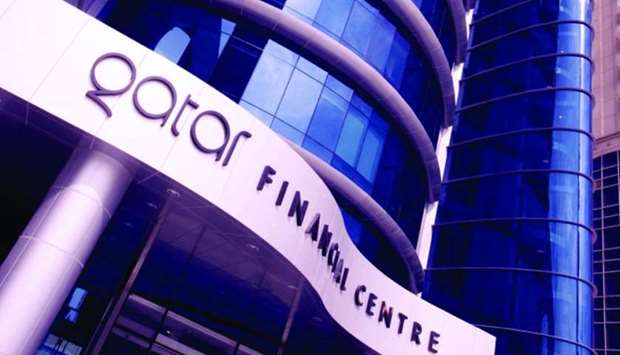Doha has all the potential to become a hub for the aircraft financing and leasing, backed by its sound economic ecosystem and well-developed and comprehensive legal and tax regimes.
Citing the recent robust economic projections by the International Monetary Fund and the World Bank; the Qatar Financial Centre Authority (QFCA) chief executive Yousuf Mohamed al-Jaida, these confirm Qatar’s strong fundamentals, which would augur well for the aviation sector in the country.
“Backed by our well-developed and comprehensive legal and tax regimes, the QFC is well suited to serve as a hub for the aircraft financing and leasing industry and to further contribute in boosting the growth potential of this sector in Qatar and the region,” he said.
He made this remark at a webinar ‘A New Frontier in Aircraft Finance’, held in collaboration with PricewaterhouseCoopers, K&L Gates, Magi Aviation Capital, Aventicum Capital Management and Qatar Free Zones Authority.
Qatar's accession to the Cape Town Convention, which offers creditors' standardised remedies and transparent solvency procedures, makes Doha a perfect ground for the aircraft financing and leasing sector, al-Jaida said.
While the international airline industry continues to recover from the devastating effects of the Covid-19 pandemic, the development of new vaccines would no doubt begin to revive international travel, he said.
"The aviation industry is, at the same time, re-organising itself in ways that will make it more resilient to global challenges and the private sector will no doubt play a critical role in this. We believe that the QFC provides a competitive alternative environment from which players in the aircraft industry can grow their business,” according to him.
The QFC regime is well suited for non-regulated captive finance/finance lease related transactions as it provides options for structuring transactions in a manner that its commonly used in other global markets which are frequented by the aviation sector, said Sidanth Rajagopal, London-based partner of K&L Gates.
Moreover, the QFC does not treat aircraft financing and leasing as a regulated activity, he added.
"This provides an attractive platform to establish and deal with ongoing compliance requirement for lessors," he said.
The QFC's corporate solutions for aircraft finance include establishing limited liability companies, holding companies, special purpose vehicles, trusts, protected cell companies, foundations, management offices, treasury offices, investment clubs and single family offices.
Highlighting that the QFC has the potential to become a gateway for the aircraft financing and leasing; Salah Guyedi, director of tax at QFC, disclosed improvements to the QFC tax regime in order to attract the sector.
The improvements include proposal to increase the depreciation rate to 20% and exempt capital gains (subject to qualifying conditions or flexible roll-over provisions).
Sean Cleghorn, chief executive of Magi Aviation Capital, which recently opened office in the QFC, said the new deliveries of the four regional airlines such as Qatar Airways, Turkish Airlines, Kuwait Airways and Oman Air totalled $20bn over the next three years. "It represents the scale of opportunities available in the region," he added.
Finding aircraft leasing and financing to be multi-billion dollar asset backed business for asset managers; Fahmi Alghussein, chief executive, Aventicum Mena and Frontier Markets, said Qatar is well-positioned to capture the substantial portion of it (the global slice of aircraft leasing and financing) in view of its institutional and sovereign wealth as well as high and ultra-high net worth individuals.


